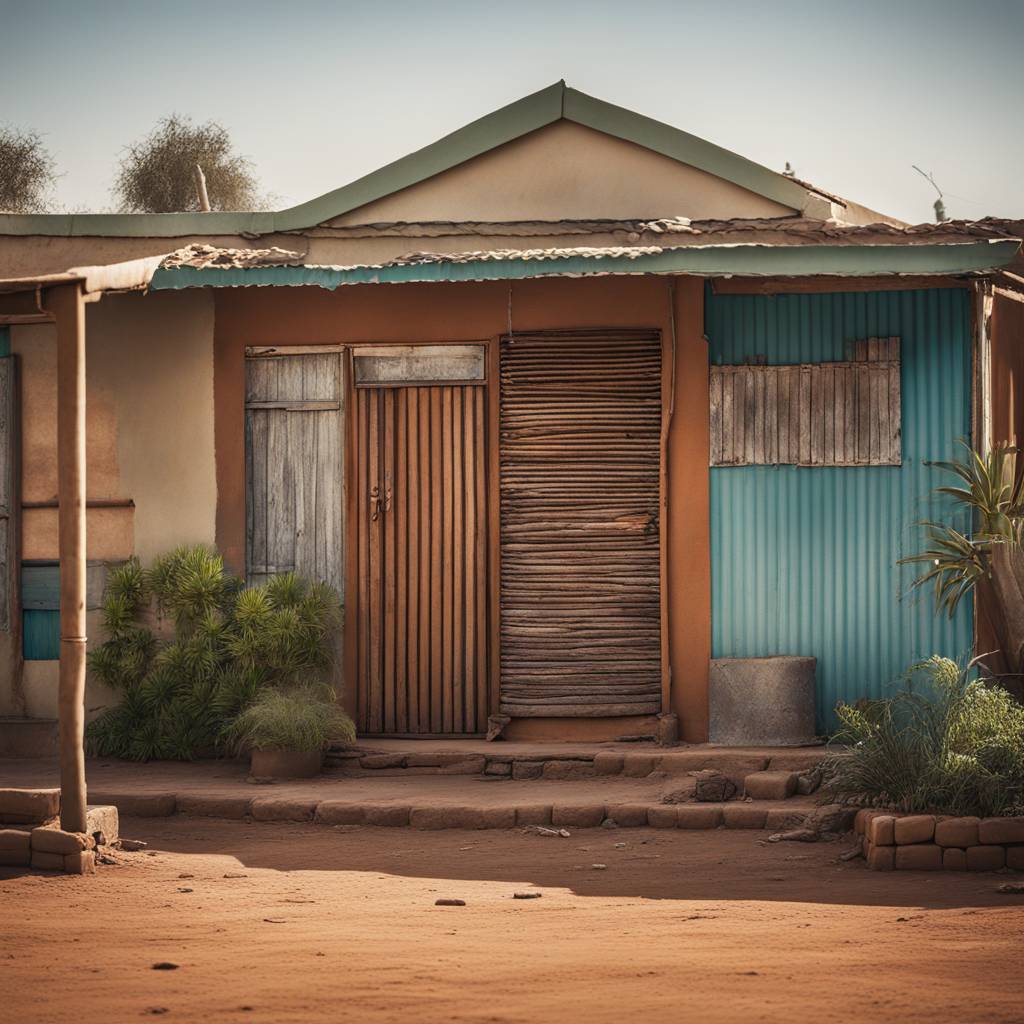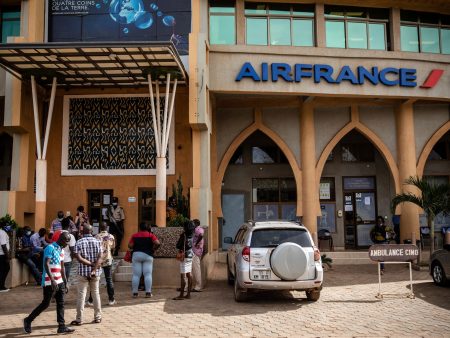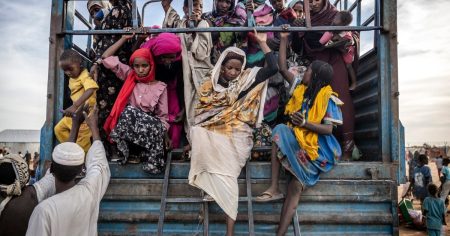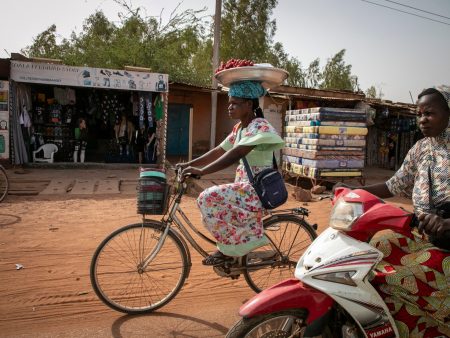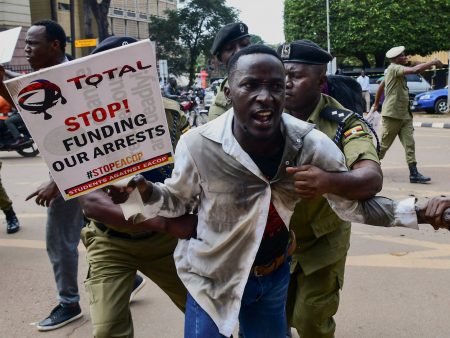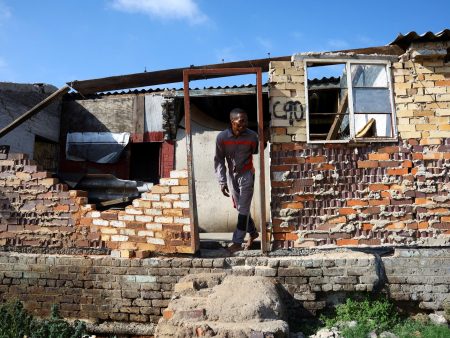In Cape Town’s Mitchells Plain, thousands of residents live as “backyard dwellers,” subletting parts of their small plots to others in need, resulting in cramped living conditions and lack of basic services. Cheryl-Ann Smith and her family, like many others, have been waiting for a government-provided house for decades, with no end in sight. Despite promises made by the ruling ANC government since the end of apartheid in 1994, the delivery of housing has been slow, creating a substantial backlog that has left many feeling disenfranchised with the political system.
The Western Cape, governed by the Democratic Alliance (DA) for over 16 years, stands in contrast to other provinces led by the ANC, with party leaders touting the province as a beacon of hope amidst national inefficiency. However, for residents like Smith in Mitchells Plain, this idealized image does not align with the reality of living in impoverished, apartheid-affected areas with limited access to resources and services. The legacy of spatial apartheid lingers, with Mitchells Plain marked by socioeconomic disparities, high crime rates, and residents struggling for basic necessities such as adequate housing.
Ahead of the upcoming elections, housing issues have taken a back seat in political discourse in the Western Cape. Both the ANC and the DA have offered limited commitments to address the housing crisis, with little mention of tangible solutions in their manifestos. Housing activists like Nick Budlender criticize the lack of focus on housing from political parties, emphasizing the urgent need for government action to address inequality and segregation within the city. Despite Mayor Geordin Hill-Lewis’s promises of infrastructure investments, many residents feel that politicians are out of touch with the dire housing situation on the ground.
In Lost City, where Smith and her family reside, the struggle for decent housing continues, with many residents left waiting for years with no tangible progress. The official waiting lists for council houses in Cape Town show hundreds of thousands of people in need, with housing activists estimating the actual numbers to be much higher. Smith’s daily efforts to follow up on her housing application often end in disappointment, reflecting the systemic challenges faced by many marginalized communities in accessing affordable and adequate housing.
For residents like Smith, the election season serves as a grim reminder of unfulfilled promises and the disconnect between politicians’ rhetoric and the lived experiences of marginalized communities. As talks of poverty alleviation dominate campaign trails, residents in Lost City remain skeptical of political leaders who only seem to show interest during election seasons. Despite the lack of support from the government, individuals like Smith continue to hope for a better future, dreaming of the day they will have a dignified home with access to basic amenities like running water and proper sanitation. Until then, the struggle for decent housing for all in Cape Town’s impoverished areas remains an ongoing battle for survival and dignity.





